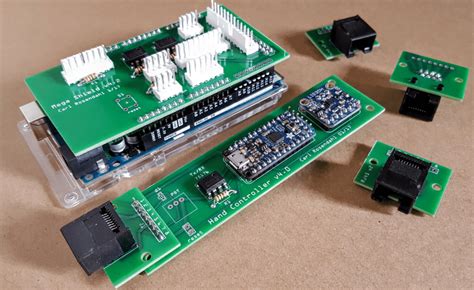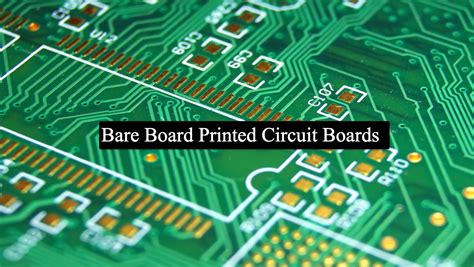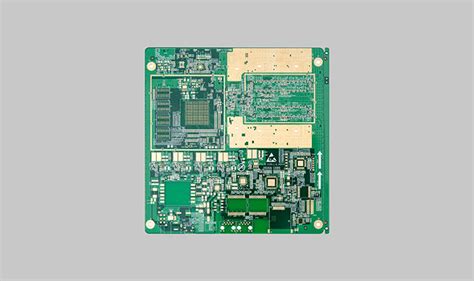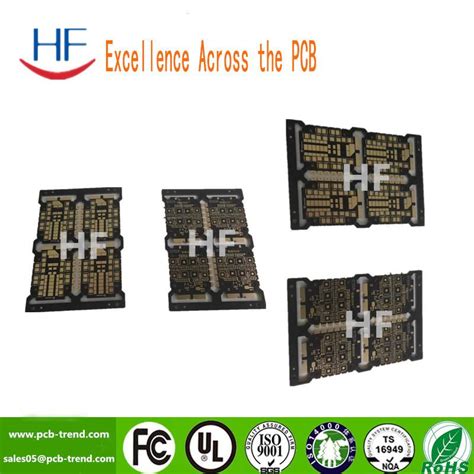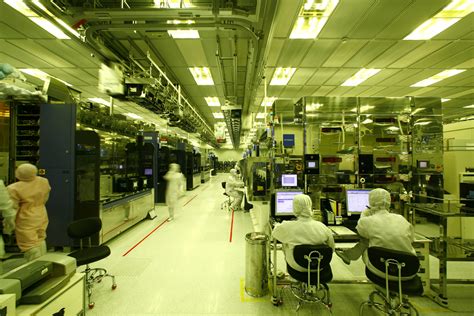Optimizing Electronics Production with Trusted Turnkey PCB Services
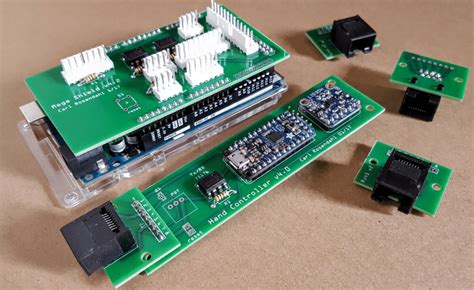
Key Takeaways
Modern PCB assembly processes (PCBA) have become pivotal in optimizing electronics manufacturing. By integrating streamlined design protocols, manufacturers minimize iterative adjustments, reducing development cycles by up to 40%. Transitioning to turnkey solutions consolidates design, assembly, and testing phases under one provider, eliminating logistical bottlenecks and ensuring component compatibility.
Tip: Partnering with a turnkey service that offers real-time design feedback can prevent costly mid-production revisions.
A comparative analysis highlights the efficiency gains of turnkey PCBA versus traditional methods:
| Metric | Traditional Assembly | Turnkey PCBA |
|---|---|---|
| Design-to-Test Time | 8-12 weeks | 4-6 weeks |
| Component Sourcing | Multi-vendor | Single-source |
| Defect Rate | 5-8% | 1-2% |
Cost reduction is achieved through bulk material procurement and automated assembly lines, which lower labor expenses by 25–30%. Meanwhile, in-circuit testing (ICT) and functional testing ensure reliable PCB output, catching flaws at critical stages. For scalable growth, affordable PCB assembly models allow manufacturers to adjust order volumes without compromising quality.
By embedding quality control checkpoints across production stages—from solder paste inspection to final validation—brands mitigate risks of field failures. This end-to-end oversight, combined with accelerated time-to-market strategies, positions turnkey services as a cornerstone for electronics innovation.

Streamline PCB Design for Faster Production
By integrating PCB assembly considerations early in the design phase, engineers can eliminate redundancies and reduce prototyping cycles. Modern design-for-manufacturing (DFM) principles prioritize component placement, layer stack optimization, and material selection to align with automated PCBA workflows. This approach minimizes post-design revisions, which often account for 20-30% of project delays. Advanced CAD tools now feature real-time collaboration capabilities, allowing cross-functional teams to address potential bottlenecks in PCB assembly before finalizing schematics.
Transitioning to standardized design templates further accelerates timelines, particularly when paired with turnkey services that unify design, PCBA, and testing. For instance, pre-validated footprint libraries ensure compatibility with surface-mount technology (SMT) lines, reducing alignment errors during high-volume production. Additionally, incorporating design-for-test (DFT) markers at this stage streamlines quality assurance processes downstream. These optimizations not only shorten the critical path but also create a seamless handoff to manufacturing partners, laying the groundwork for cost-effective scaling—a natural segue into evaluating assembly solutions in the next phase.
Cut Costs with Turnkey Assembly Solutions
Integrating PCB assembly into a unified turnkey workflow eliminates fragmented processes, reducing overhead while maintaining precision. By consolidating design, component procurement, PCBA (printed circuit board assembly), and testing under one provider, manufacturers avoid costly delays from misaligned workflows. Economies of scale further drive savings, as bulk purchasing of materials like surface-mount capacitors or high-frequency resistors lowers per-unit costs. Advanced automated assembly lines minimize manual labor expenses, while standardized protocols ensure consistency across batches.
Transitioning to turnkey solutions also mitigates risks like component shortages or quality mismatches, which often inflate budgets in traditional multi-vendor setups. Real-time supply chain visibility enables proactive adjustments, preventing costly downtime. For instance, just-in-time inventory management paired with automated optical inspection (AOI) reduces waste and rework rates by up to 30%. These efficiencies compound over production cycles, making PCBA scalable for both prototypes and high-volume orders. By aligning cost-saving strategies with end-to-end integration, businesses achieve predictable pricing models without compromising technical rigor or delivery timelines.
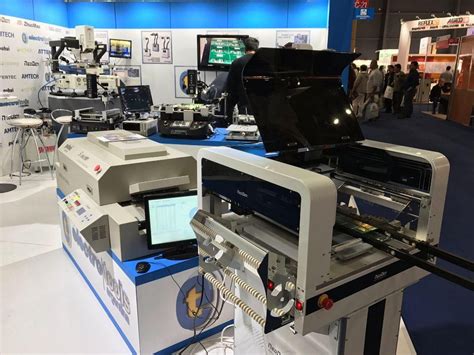
Enhance Quality Control in PCB Manufacturing
Robust quality control mechanisms form the backbone of reliable PCB assembly processes, ensuring defect-free outcomes in modern electronics production. By integrating automated optical inspection (AOI) systems and X-ray inspection technologies, manufacturers can detect microscopic flaws in solder joints, component placements, and layer alignments during PCBA stages. These advanced tools complement traditional testing methods like In-Circuit Testing (ICT), which validates electrical connectivity, and functional testing, which simulates real-world operating conditions.
A proactive approach to quality assurance begins with material verification, where certified components are sourced to prevent counterfeit parts from entering the production line. Statistical process control (SPC) further monitors manufacturing variables, such as solder paste viscosity and reflow oven temperatures, to maintain consistency across batches. For mission-critical applications, environmental stress screening (ESS) subjects assembled boards to extreme temperatures and vibrations, identifying potential failure points before deployment.
By aligning these protocols with international standards like IPC-A-610 and ISO 9001, turnkey PCB services minimize rework costs and warranty claims while accelerating delivery timelines. Real-time data analytics also enable continuous improvement, as defect patterns are analyzed to refine design-for-manufacturability (DFM) guidelines. This holistic strategy not only elevates product reliability but also strengthens partnerships between OEMs and contract manufacturers, fostering trust in high-volume production environments.
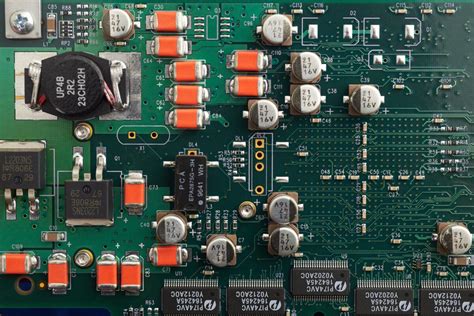
Accelerate Time-to-Market Strategies Today
In today’s fast-paced electronics industry, accelerating time-to-market strategies hinges on eliminating fragmented workflows through turnkey PCB services. By integrating PCB assembly (PCBA), component sourcing, and logistics into a single managed process, manufacturers bypass delays caused by multi-vendor coordination. Advanced PCBA providers employ just-in-time inventory systems and design for manufacturability (DFM) analysis to preemptively address compatibility issues, shrinking prototyping cycles by 30–50%. Furthermore, automated assembly lines equipped with high-speed pick-and-place machines ensure rapid scaling from low-volume batches to mass production without compromising precision. Real-time progress tracking tools enable stakeholders to monitor PCB assembly milestones, aligning manufacturing timelines with product launch schedules. For startups and enterprises alike, this end-to-end approach transforms concept-to-delivery timelines from a bottleneck into a strategic asset, securing first-mover advantages in competitive markets. Rigorous functional testing embedded within the turnkey workflow further mitigates post-production revisions, ensuring compliance and reliability from the first unit shipped.
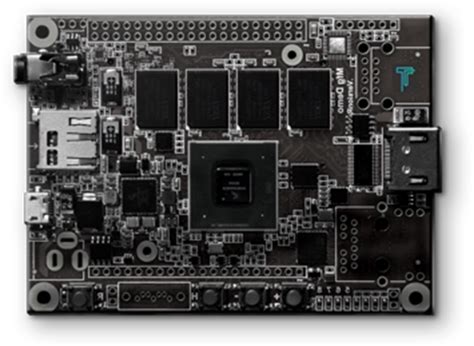
Comprehensive Testing for Reliable PCB Output
A robust testing protocol forms the backbone of trusted turnkey PCB services, ensuring every PCB assembly meets stringent quality benchmarks before reaching end-users. Modern automated optical inspection (AOI) systems and in-circuit testing (ICT) validate solder joint integrity, component alignment, and electrical continuity, while environmental stress screening simulates real-world conditions to identify potential failures. For PCBA solutions, functional testing replicates end-use scenarios to confirm performance consistency across voltage ranges, signal integrity, and thermal thresholds.
By integrating these methodologies into turnkey workflows, manufacturers eliminate latent defects that could compromise product lifespan or safety. Advanced testing also streamlines compliance with industry certifications like IPC-A-610 and ISO 9001, reducing post-production rework risks. Transitioning seamlessly from earlier assembly stages, comprehensive diagnostics ensure zero-error outputs align with client specifications while accelerating time-to-market. This systematic approach not only safeguards reliability but also reinforces cost-efficiency by minimizing warranty claims and field returns—critical advantages for scaling electronics production sustainably.
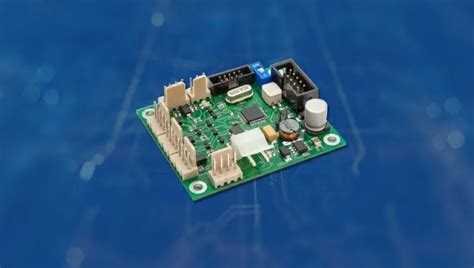
Trusted Turnkey Services for Electronics Success
In today’s competitive electronics landscape, leveraging trusted turnkey PCB services ensures seamless integration of design, PCB assembly, and testing phases. By entrusting end-to-end workflows to experienced providers, businesses eliminate fragmented processes that often lead to delays or quality gaps. A robust PCBA (Printed Circuit Board Assembly) partner not only handles component sourcing and PCB assembly but also implements rigorous quality assurance protocols, ensuring compliance with industry standards like IPC-A-610.
The value of integrated solutions becomes evident in risk mitigation—supply chain inconsistencies, design flaws, or testing oversights are addressed proactively. For instance, advanced providers employ automated optical inspection (AOI) and functional testing to validate PCBA reliability before shipment. This reduces post-production defects by up to 40%, according to industry benchmarks.
Moreover, scalable turnkey services adapt to evolving production demands, whether prototyping or high-volume manufacturing. By consolidating workflows under a single provider, companies achieve faster iteration cycles and maintain tighter control over timelines. The result? Accelerated product launches without compromising on performance—a critical advantage in markets where time-to-market defines competitive success.
Ultimately, partnering with a trusted turnkey PCB service provider transforms complexity into clarity, enabling electronics innovators to focus on core competencies while ensuring precision at every stage.
Optimize Production via Integrated PCB Solutions
By integrating PCB assembly and PCBA processes into a unified workflow, manufacturers eliminate vendor fragmentation and operational bottlenecks. Seamless coordination between design, component sourcing, and fabrication ensures faster iteration cycles while maintaining rigorous quality standards. Modern turnkey solutions leverage advanced automation to synchronize prototyping with mass production, enabling real-time adjustments that reduce material waste by up to 30%.
A key advantage lies in the consolidation of testing phases within the PCBA pipeline. In-circuit testing (ICT) and functional validation are embedded at critical stages, catching defects early and minimizing rework costs. For instance, automated optical inspection (AOI) systems paired with PCB assembly workflows can detect soldering errors with 99.9% accuracy, ensuring compliance with industry certifications like IPC-A-610.
This holistic approach also strengthens supply chain resilience. Partnering with a single provider for turnkey PCB services simplifies logistics, reduces lead times, and ensures traceability across components. Such integration directly supports scalable growth, allowing businesses to adapt to fluctuating demand without compromising on delivery timelines or product reliability.
Affordable PCB Assembly for Scalable Growth
For businesses aiming to expand their electronics manufacturing capabilities, affordable PCB assembly serves as a strategic enabler. By integrating PCBA (printed circuit board assembly) into a scalable production model, companies can align costs with growth trajectories while maintaining quality. Modern turnkey PCB services streamline this process by combining design optimization, component sourcing, and assembly into a single workflow, eliminating fragmented vendor relationships that often inflate expenses.
A key advantage lies in leveraging economies of scale. As order volumes increase, automated assembly lines and bulk material procurement reduce per-unit costs, making PCB assembly financially viable for both startups and established enterprises. Additionally, advanced PCBA techniques—such as surface-mount technology (SMT) and precision soldering—ensure consistent output even during rapid scaling phases.
Cost efficiency doesn’t compromise reliability. Trusted providers implement rigorous testing protocols at every stage, from solder joint inspections to functional validations, ensuring each board meets industry standards. This approach not only minimizes rework but also accelerates time-to-market—a critical factor in competitive markets.
By adopting affordable PCB assembly solutions, businesses can reallocate resources toward innovation and market expansion, creating a foundation for sustainable growth. The flexibility of turnkey services further supports scalability, allowing seamless adjustments to production volumes as demand evolves. This synergy between cost-effectiveness and adaptability positions companies to thrive in dynamic electronics landscapes.
Conclusion
In today’s competitive electronics landscape, leveraging trusted turnkey PCB services ensures a seamless transition from concept to market-ready products. By integrating PCB assembly (PCBA) workflows with advanced design and testing protocols, manufacturers achieve unmatched efficiency while maintaining rigorous quality standards. The synergy between automated assembly processes and precision testing frameworks minimizes production bottlenecks, enabling businesses to meet tight deadlines without compromising reliability.
Adopting turnkey solutions eliminates fragmented workflows, as PCBA providers manage everything from component procurement to final inspection. This holistic approach not only reduces overhead costs but also mitigates risks associated with supply chain disruptions. Furthermore, real-time collaboration with experienced partners ensures design optimizations that align with scalable manufacturing goals.
Ultimately, the value of end-to-end PCB services lies in their ability to deliver consistent performance across high-volume production runs. Whether refining prototypes or scaling for mass markets, partnering with certified PCB assembly experts guarantees adherence to industry benchmarks while accelerating time-to-market strategies. As demands for smarter, smaller electronics grow, embedding trusted turnkey practices remains a cornerstone for sustainable innovation and commercial success.
FAQs
What distinguishes turnkey PCB services from traditional manufacturing approaches?
Turnkey solutions integrate PCB assembly, component sourcing, and PCBA testing under one provider, eliminating fragmented workflows. This holistic approach reduces coordination overhead and accelerates production timelines compared to piecemeal outsourcing.
How does PCBA integration improve quality control?
By managing design validation, PCB assembly, and functional testing within a unified workflow, turnkey services maintain consistent standards. Automated optical inspection (AOI) and boundary-scanning protocols ensure defects are identified before mass production, minimizing post-deployment failures.
Can turnkey services accommodate low-volume prototyping?
Yes, reputable providers offer scalable PCB assembly options, from 10-unit prototypes to 10,000-unit batches. This flexibility allows businesses to test market viability without overcommitting resources, aligning with lean manufacturing principles.
What cost factors should be evaluated when selecting a PCBA partner?
Beyond upfront PCB assembly quotes, consider long-term variables like component traceability, rework policies, and compliance certifications (IPC-A-610, ISO 9001). Transparent suppliers provide detailed breakdowns of tooling, labor, and material expenses.
How do turnkey solutions accelerate time-to-market?
Integrated PCBA workflows compress design-to-delivery cycles by 30–50% through concurrent engineering. Real-time collaboration between design and manufacturing teams resolves conflicts early, preventing delays from iterative revisions.
Ready to Optimize Your Production Workflow?
For detailed insights into streamlining your PCB assembly processes, please click here to explore tailored turnkey solutions.

